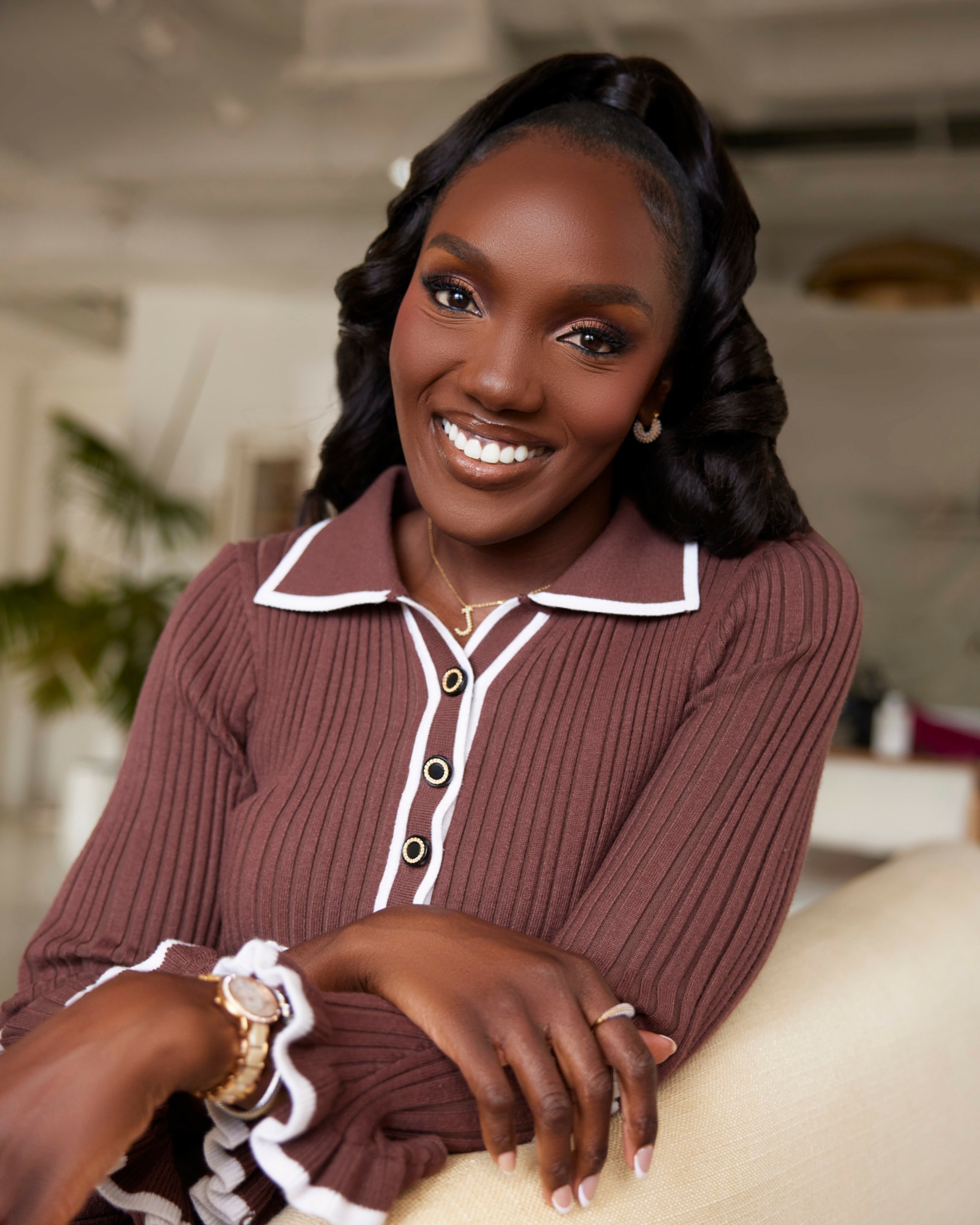We recently connected with Robina Onwong’a and have shared our conversation below.
Hi Robina, thanks for joining us today. Can you talk to us about a risk you’ve taken – walk us through the story?
One of the biggest professional risks I’ve taken came at a moment when everything felt uncertain. I was nearing the end of my doctoral program in Counseling Psychology, and like many in my field, I was going through the highly competitive North America internship match process for psychology internships—essentially a residency year.
I applied with strong clinical and academic experience and even secured an interview at my top-choice site, a highly coveted setting for the specialized training I was seeking. But there was one major issue I hadn’t anticipated: one of my former supervisors, who had agreed to write me a strong letter of recommendation, ended up misrepresenting me in a way that slandered my character. I didn’t find this out until after the first of two main phases of the match process. Three different psychologists later gave me private feedback, with one directly saying, “Never use that recommender again. Aside from that one paragraph in her letter, you submitted a stellar application.”
Not matching devastated me. I had done the work. I had the skill, the experience, and the vision. I moved my belongings out of my apartment and into storage and drove 16 hours back home. I began reaching out to programs individually praying something would work out. I was angry, anxious, and running out of time.
Then came another tough moment: my faculty called a meeting wherein they encouraged me to take an extra year. From their vantage point, it was the safer move—I could gain more clinical hours, build out my application, and try again. But I knew deep down the reason I hadn’t matched wasn’t due to lack of preparation or experience—it was due to a systemic and supervisory failure rooted in racism, gatekeeping, and ego. I wasn’t going to pay for a mistake that wasn’t mine. So I bet on myself.
With the support of faculty who believed in me and could vouch for my upstanding reputation as a person and psychologist-in-training, together we imagined something outside the norm: transforming an existing full-time clinical position into a custom-built, American Psychological Association (APA)-compliant internship. Though it wasn’t accredited, which was painted as a risk and potential barrier to acquiring future clinical/healthcare jobs as a psychologist, I was ready to choose that path. I knew my capabilities and that God wouldn’t allow my outcomes to shrink due to that human-imposed limitation, or at least with the vision I had, which I didn’t expect others to understand because I didn’t share much of it, I was willing to take the risk. The internship fulfilled all the requirements for licensure and though it wasn’t exactly what I projected I was going to be doing for my residency year, it aligned enough and even provided me with opportunities that I didn’t expect to receive. I even negotiated for higher pay—something that’s nearly unheard of in psychology internships, where most of us are expected to just be grateful for whatever bare minimum stipend is predetermined by the institution, while being worked to the bone for our services.
Taking that leap was terrifying. I didn’t have the institutional safety net, nor the prestige of a traditional match. But I had peace, I had mentorship, and I had a vision. I saw this internship not as the end-all-be-all, but as a stepping stone toward a career that I was building—on my terms.
Looking back, that decision changed everything. It reinforced my commitment to creating culturally grounded, values-aligned pathways—not just for myself, but for others coming up behind me. It taught me that sometimes the biggest risk is believing in your own worth, especially when the flawed system and those who uphold it don’t.
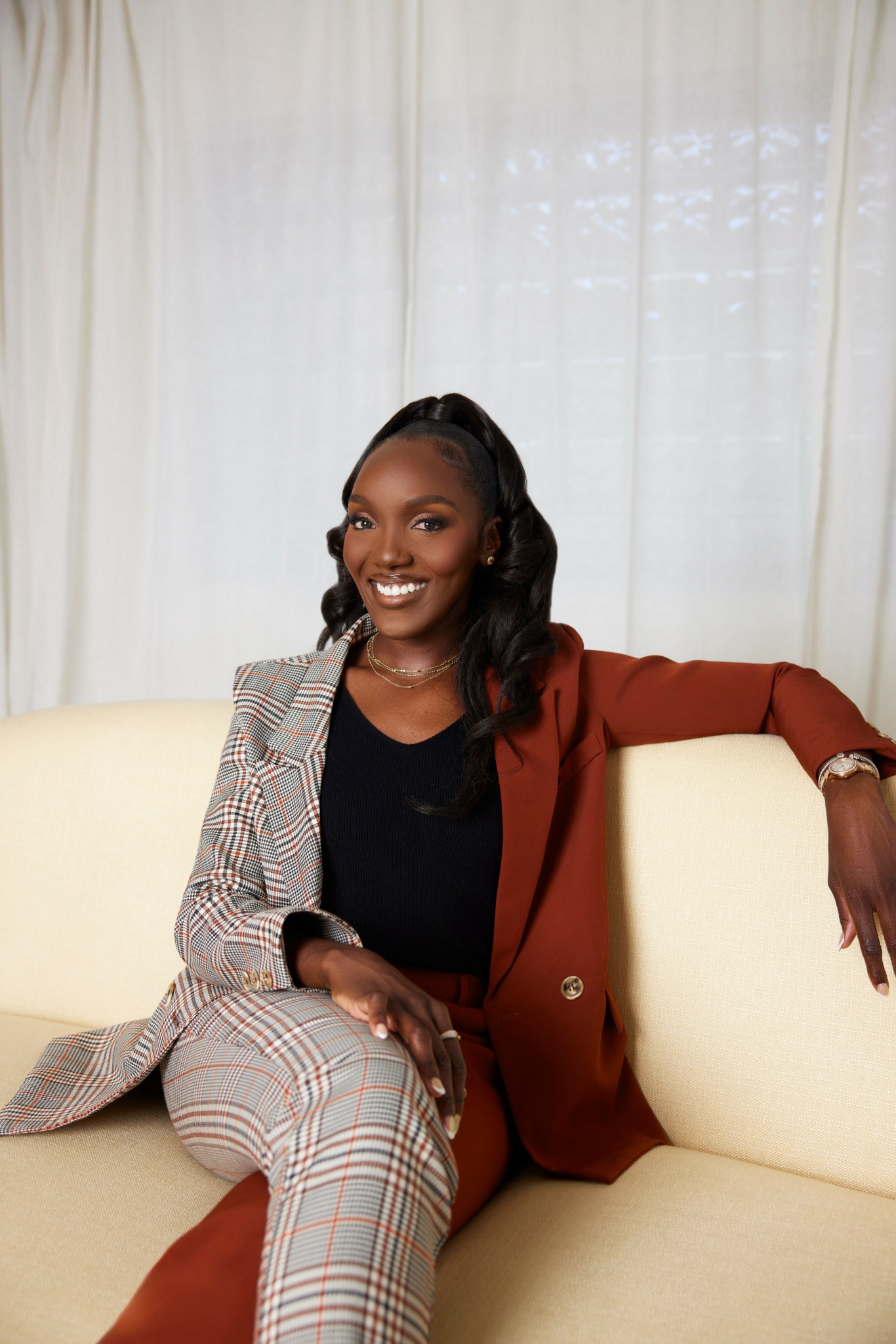
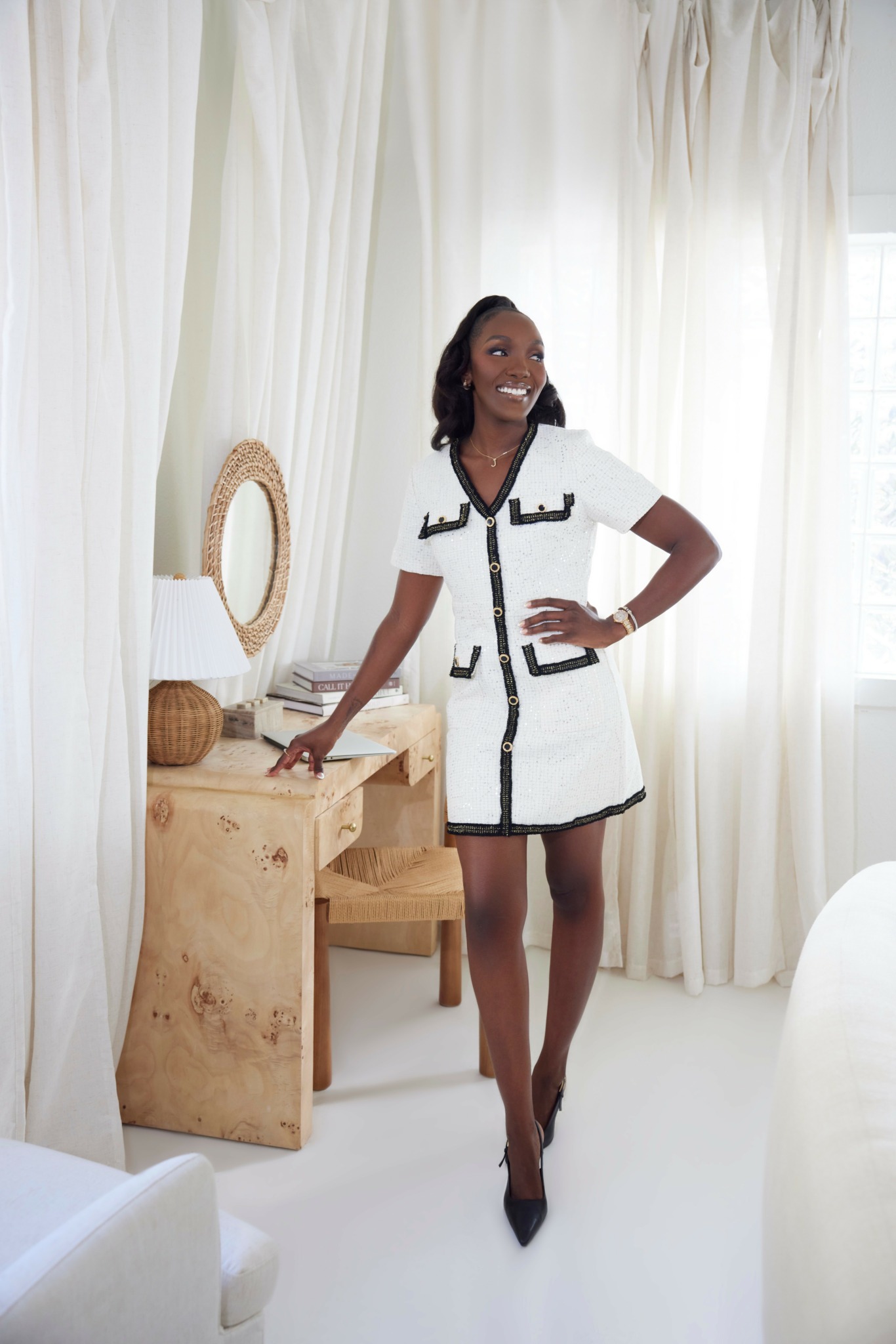
Robina, before we move on to more of these sorts of questions, can you take some time to bring our readers up to speed on you and what you do?
Firstly, I am because of those who came before me and those who surround and uplift me. I’m a beloved granddaughter, daughter, eldest sister, proud first-generation AmeriKenyan Black woman, and more. Born in the beautiful city of Baltimore, raised in the pride of Africa—the illustrious country of Kenya—during some of my most formative years, and returned to be fully nurtured in the esteemed Prince George’s County, Maryland. That blend of worlds and cultures sparked in me an early love for connection, learning, movement, just to name a few.
As a kid, I had a deep zeal for reading and adventure. I went camping, explored nature, soaked in the world around me. Later, I channeled that curiosity and appreciation for the beauty of life to travel photography and blogging—always trying to capture not just the place, but the feeling. I’m multilingual, and I credit my Kenyan roots and multicultural upbringing with opening my heart to the beauty of other cultures and languages. Back then, one of my dream jobs was to be a flight attendant. I wanted to see and experience some of the worlds I would read about. That cultural curiosity eventually led me to study French Language and Literature, to live in Nice, France in 2015, and to travel across Europe and North Africa.
I’ve always been a deep empath. From middle to high school, my mind and heart were consuming and processing so much that I felt myself increasingly attuned to the pain—both locally and globally—and I began asking bigger questions about justice, trauma, and healing. At first, I thought I’d become a lawyer, to advocate for people impacted by war and state-sanctioned violence. Such a heavy dream for a light heart, but this matter was close to home for me, particularly due to the civil unrest post ’07 elections in Kenya. Then, I discovered forensic psychology and dove into wanting to understand the “why” beneath harm and human behavior. But the deeper I explored, the clearer it became that what I truly wanted was to help people heal.
I took Advanced Placement (AP) Psychology in high school and decided I wanted to major in psychology in college. Ironically enough though, I failed my first psychology class as an undergrad at the University of Maryland. It was a core requirement for my major. Thankfully, UMD had something called “freshman forgiveness” so I appealed, retook the class with a different professor, and kept going. Then, I went straight from undergrad into a terminal Ph.D. program in Counseling Psychology.
That journey wasn’t as linear as it reads. Throughout grad school, I let myself evolve. My understanding of psychology expanded beyond the individual identity to include communities, systems, culture, and leadership. I came to believe that healing isn’t just a clinical process—but that it can be a strategic one and it is certainly a communal one. It’s about how we live, lead, relate, and build. My desire to have an impact beyond the individual level led to my interest in working with leaders, given their positionality and power within systems, particularly systems that can so quickly and easily become machines of oppression.
Though I still offer clinical services (assessments and therapy), I allot more of my time toward being a business and organizational consulting psychologist and leadership & performance coach, as the founder of Daima Mbele, LLC—which means forever forward in Swahili. My work lives at the intersection of psychology, business, and humanity, and I coach multi-gifted leaders and consult mission-led organizations to cultivate cultures that prioritize human-centric values. I’ve also integrated my appreciation for and knowledge of sport, beauty, and fashion as those entities are my core clientele. With the athletics/sport industry, I aim to work with leaders and organizations who believe in performance and purpose beyond the game, who prioritize humanizing athletes and their lived experiences, cultivating healthy team/organizational cultures, and boosting fan/clientele’s brand trust. As for beauty and fashion brands, I believe aesthetics and authenticity create impact. I aim to support leaders and brands committed to values-based, culturally and psychologically grounded decision-making reflective of mental well-being and belonging across team dynamics, campaigns, and collaborations.
Through my practice, I offer:
– Leadership Development & Performance Coaching for Black and Brown leaders navigating burnout, perfectionism, misalignment, identity strain, contextually-imposed imposterism, growth plateaus, or even the pressure to perform without compromising their authenticity and mental wellbeing. Helping them access their power and find flow in what I call the “Zawadi Zone” (Zawadi is the Swahili version of one of my names and it means “gift”).
– Organizational Culture Consulting for brands facing rising turnover and talent selection issues, misaligned values, low psychological safety, and fractured team dynamics which may be fueling disengagement, costly inefficiencies, and underperformance. Supporting teams in identifying and selecting high-performing talent that aligns with their values—and helping them cultivate a culture where people can work from their strengths, feel a sense of belonging, and engage authentically.
– Therapy for Black and Brown folk navigating the impact of Adverse Childhood Experiences (ACEs) and/or struggling with identity development, belonging, self-worth, internalized oppression, burnout, transitional life stages.
What makes my work different is that I center humanity and believe in an optimal psychology perspective. I hold space for complexity and duality. I don’t reduce people to their inputs or outputs. I created and use what I call the **CLUB W framework**—Culture, Liberation, Ubuntu, Belonging, and Wellbeing—as the soil and foundation for sustainable transformation and growth.
Basketball—the sport I fell in love with while growing up in PG County—remains one of my favorite metaphors for life and leadership. It reminds me of the importance of flow, strategy, rhythm, and community.
I’m most proud of the ways I’ve made room for my wholeness while cultivating a career and brand that’s rooted in service to humanity. I’ve experienced countless losses, which many I’ve later been able to reframe as divine misdirection, and chosen aligned paths over the conventional ones. I’ve created opportunities where doors didn’t exist and into the very zone I strive to live in daily, the Gifted/Zawadi Zone. And now, I empower others do the same.
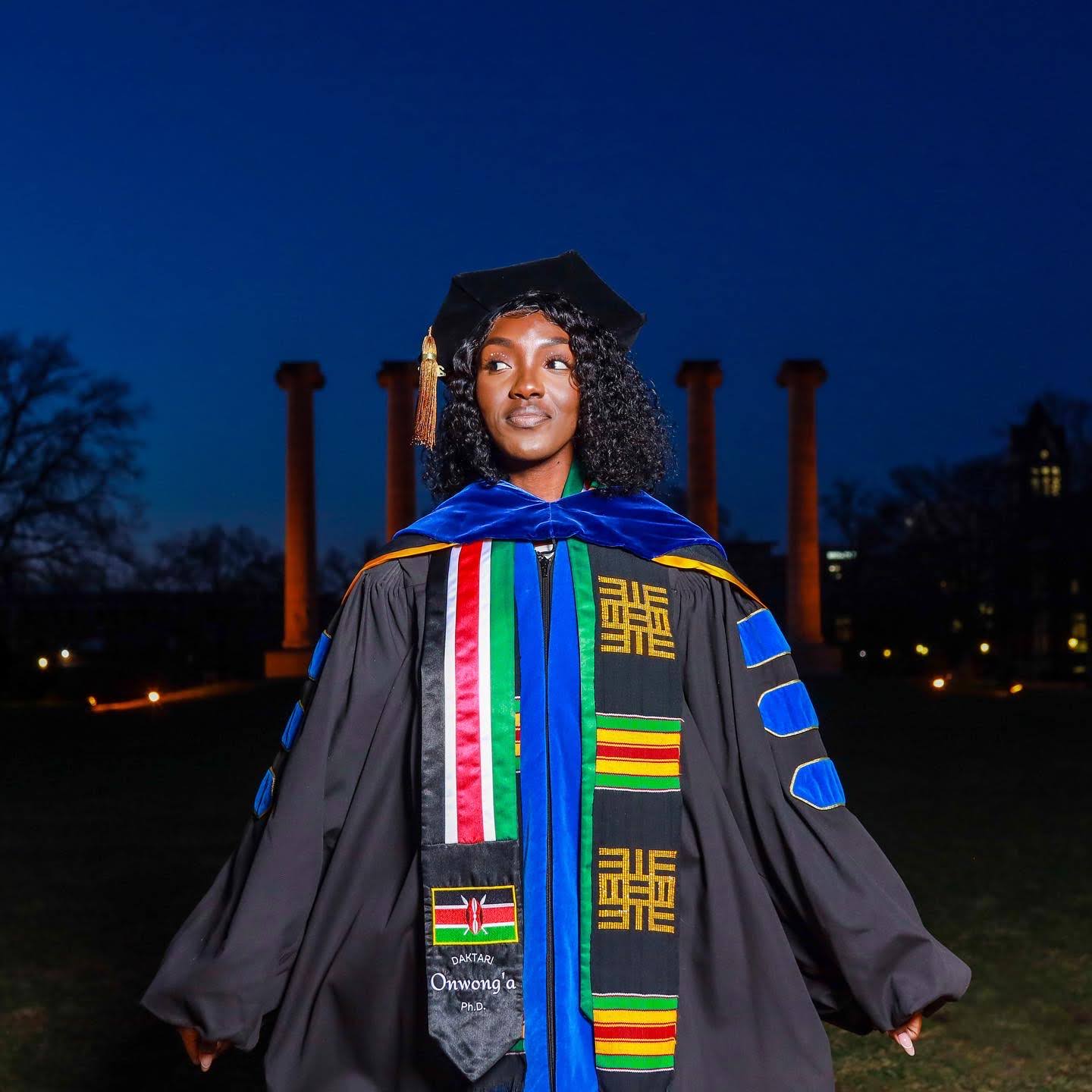
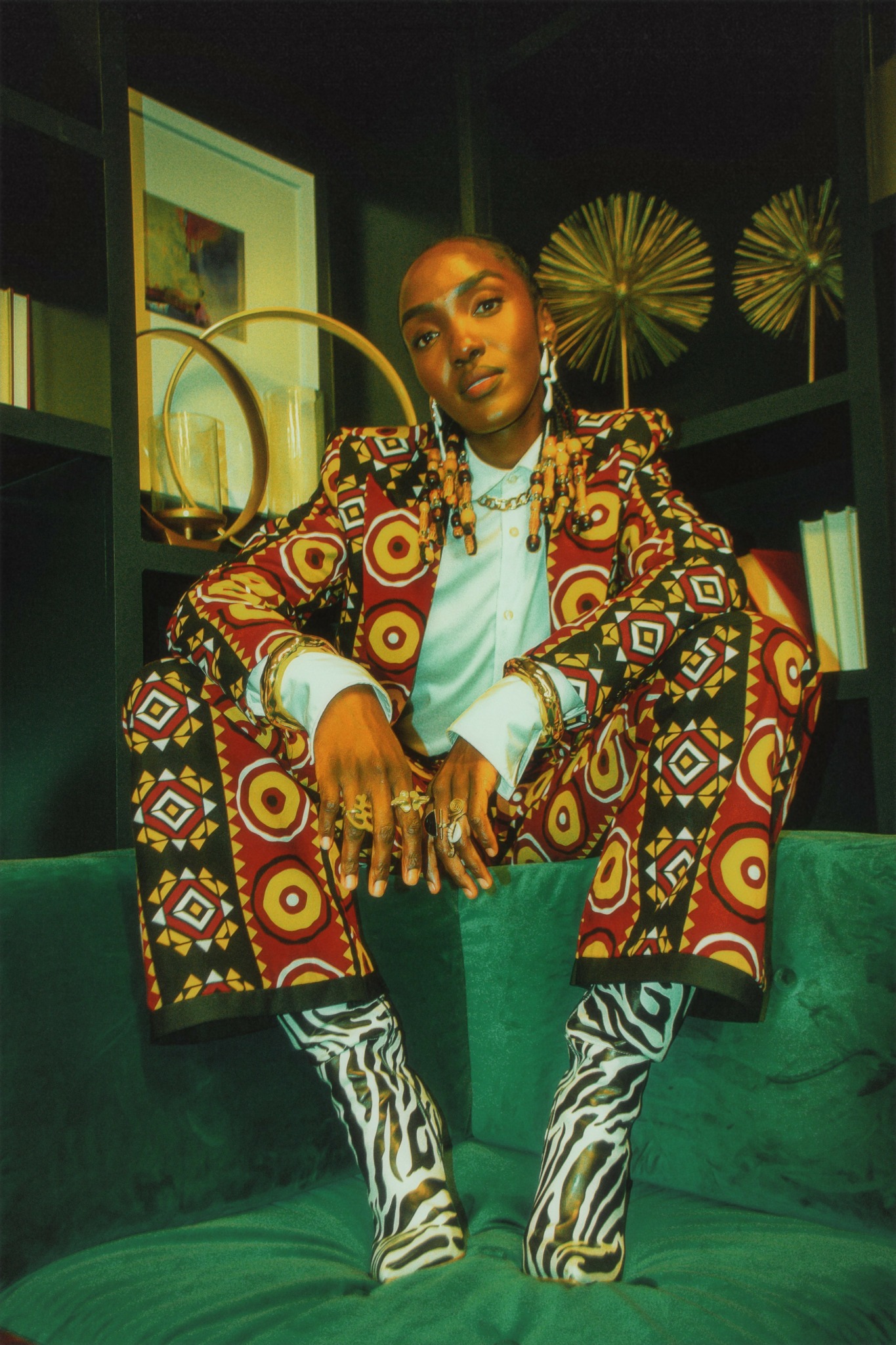
Learning and unlearning are both critical parts of growth – can you share a story of a time when you had to unlearn a lesson?
A lesson that I’ve unlearned and still practicing living out is that ‘being constantly busy equates to being productivity or worthiness’.
As the eldest daughter in an African immigrant family, I grew up carrying a lot: responsibility, care for others, emotional labor, expectations, the list goes on. I was good at it, too. From school to work to community, I moved through life with the rhythm of someone always on—always pouring, producing, planning, on repeat.
But eventually, it caught up with me. Not in the abstract, but in the form of real burnout, catapulted by a health emergency (beginning of 2024) that forced me to stop—literally. I couldn’t keep pushing through. From that forced pause, I came face-to-face with a truth I had been avoiding: the body keeps score (s/o Dr. Van der Kolk), and mine had been carrying far more than it was designed to without proper rest and repair.
I shifted my perspective of productivity, success, and worth. I began to truly believe that “rest is resistance” (s/o Tricia Hersey)—especially in a capitalist world that rewards overworking and glorifies exhaustion. Rest is not just a privilege; it’s a necessity, a birthright, a portal to clarity, creativity, and sustainability.
Now, I’m unapologetic about getting rest, unplugging, but also making time to rejuvenate in ways that are enjoyable to me. I protect my peace and I remind myself: my success isn’t going anywhere just because I chose restoration. In fact, my success is sustained by it.
Unlearning the hustle for worthiness mindset wasn’t easy—but it’s one of the most liberating things I’ve done for my body, my mind, and my future.
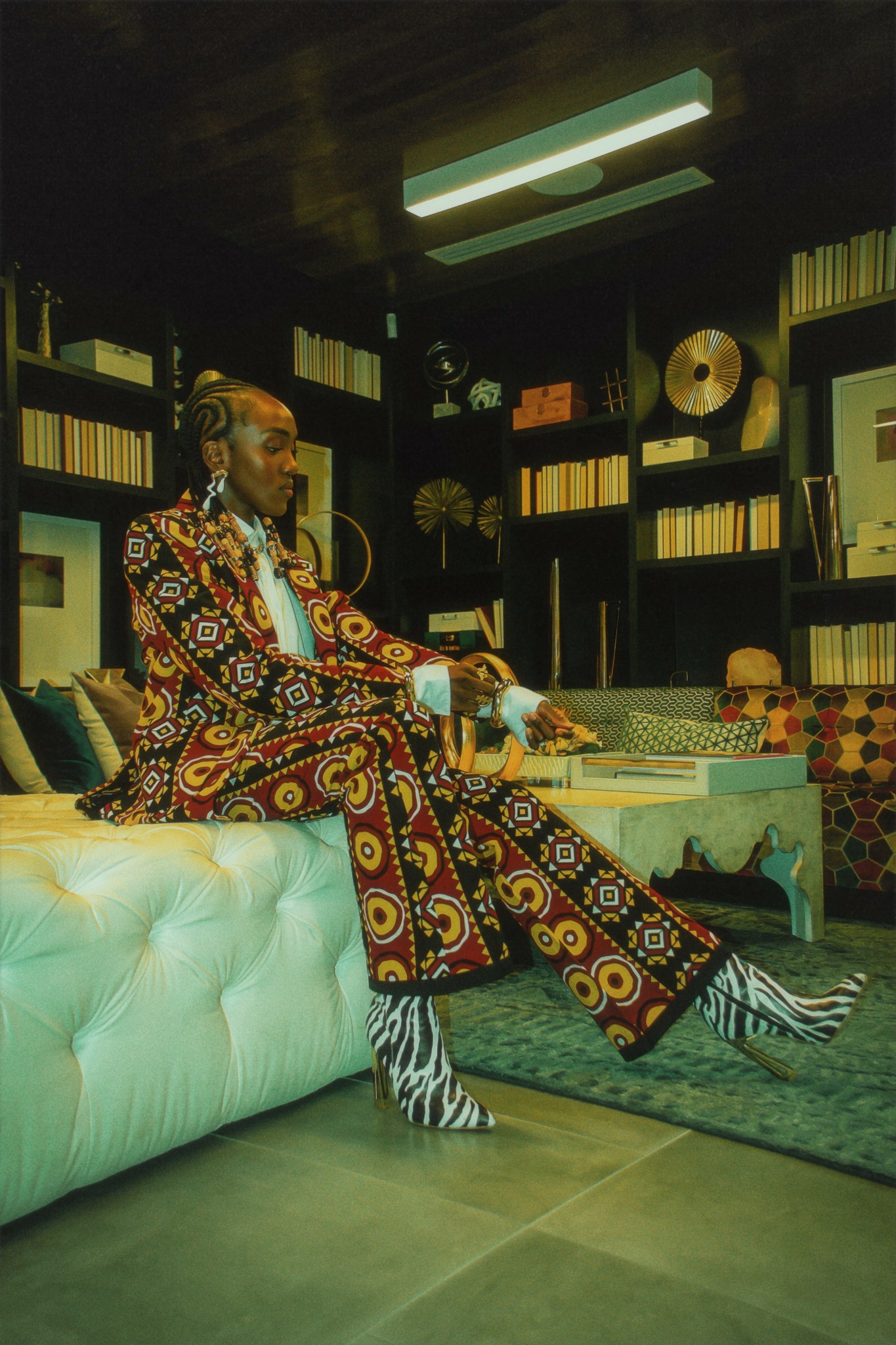
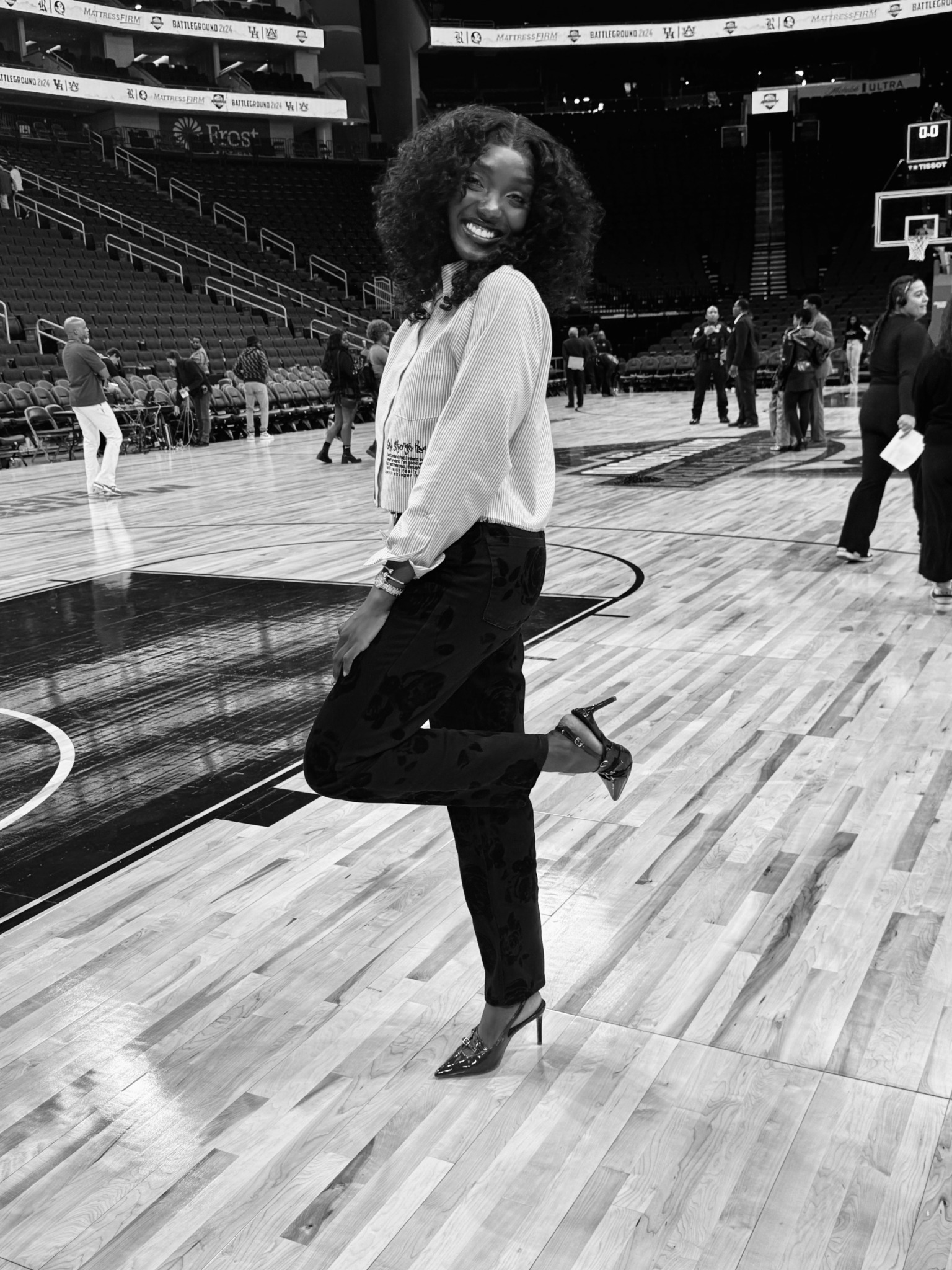
Are there any books, videos, essays or other resources that have significantly impacted your management and entrepreneurial thinking and philosophy?
One book that has deeply impacted how I lead, serve, and connect is The Mastery of Love by Don Miguel Ruiz. It challenged me to move away from fear-based patterns, toward grace, compassion, and deep responsibility for my own healing and life journey. It reminded me that we’re all navigating internalized programming that influences so many of our decisions, which unfortunately too many of them come from a hurt, fearful, and unhealed place. I know that the more I commit to healing, and lead with love, the more deeply and joyfully I can show up, connect, serve. So I try to allow that truth to shape everything I do, from how I build my business to how I support others in living from their Zawadi Zone.
Another powerful influence on my philosophy—especially as a teacher, coach, consultant, and community-builder—is bell hooks’ *Teaching Community: A Pedagogy of Hope*. I read it after my first semester teaching undergraduates, and it revitalized my approach. Her words invited me to approach education not simply as a transaction of knowledge, but as a relational, liberatory practice. Even though teaching was modeled to me as a formal, structured process, the perspective bell hooks shared gave me permission to lead with humanity, compassion, and vulnerability—and to see the classroom (and now, the coaching and consulting space) as a portal of possibility.
Contact Info:
- Website: https://www.jronwonga.com/
- Instagram: https://instagram.com/jrologist
- Linkedin: https://www.linkedin.com/in/jronwongaphd/
- Youtube: https://www.youtube.com/@ZawadiZone
- Other: business instagram account: https://instagram.com/jronwongaphd
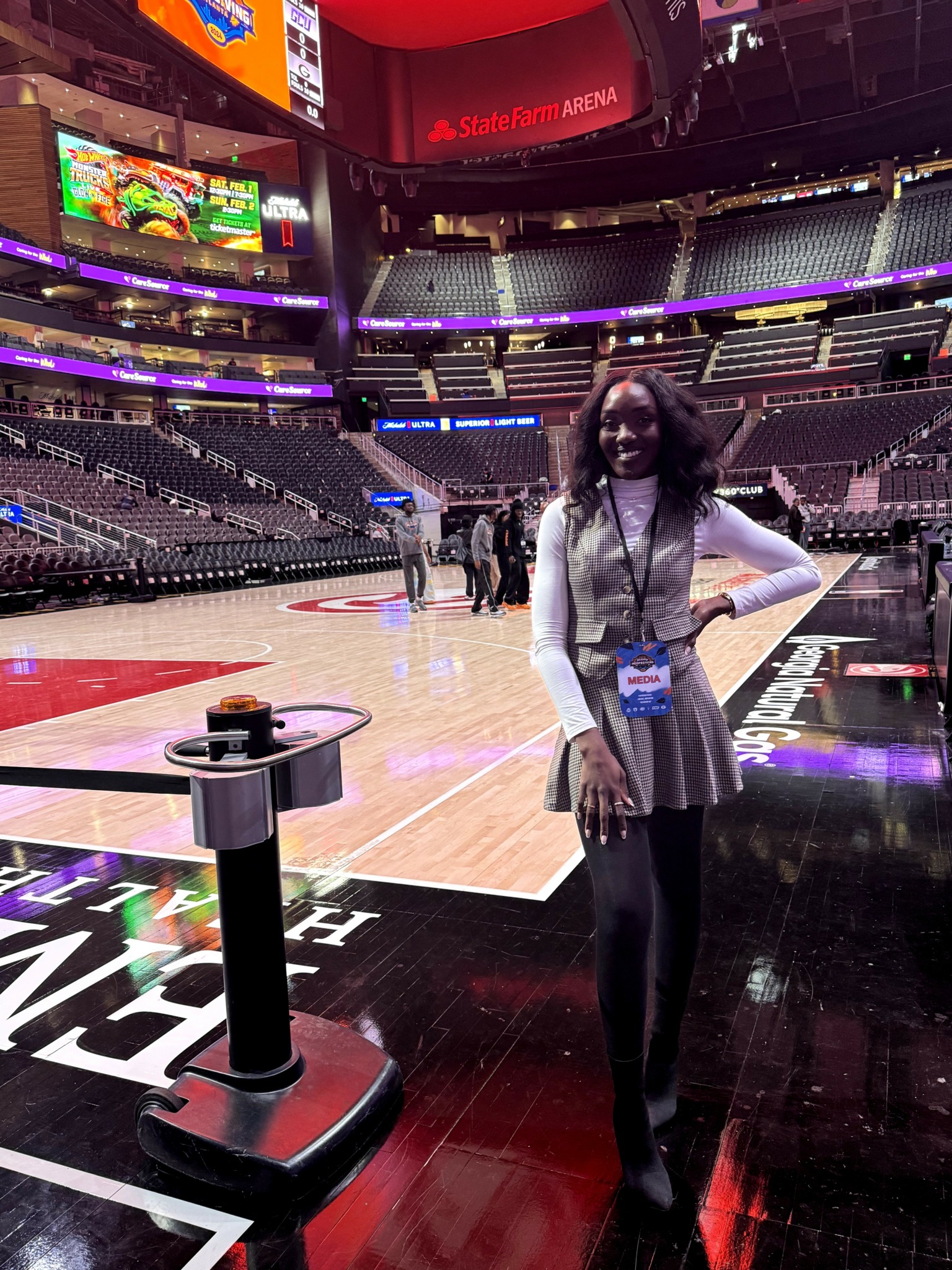
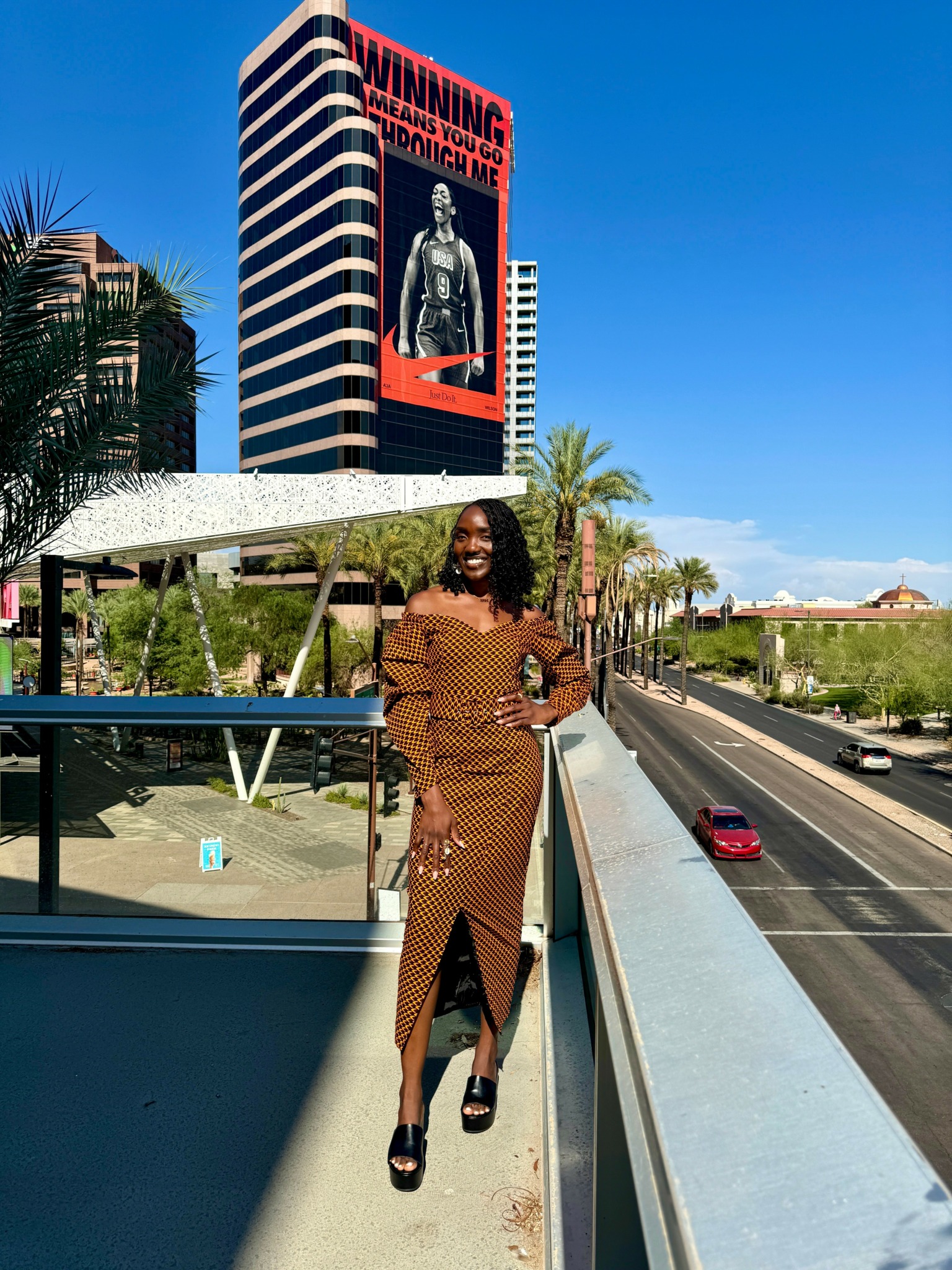
Image Credits
Nneoma Ajiwe, Jonathan “Zaawadi” Kalema


